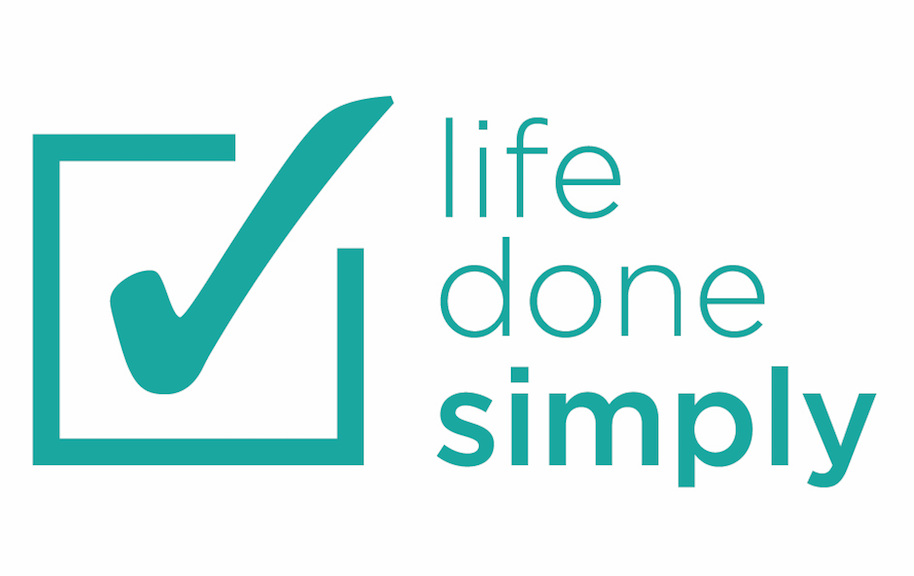Preparing For The Inevitable: Your Personal SOP
/Standard Operating Procedures (SOPs): A set of systems and processes that create consistency, increase efficiency, decrease errors, and are used to overcome obstacles.
Have you ever had a terrible day where nothing goes right, and someone who cares about you asks if you've eaten or taken a break?
Maddening, right?
But effective. Because even though we KNOW we need to eat, hydrate, rest, and regroup, it can be difficult to recognize these needs in a time of stress. There are other needs we also miss. How we feel in our environment— clarity, peace, and inspiration are also crucial to a fulfilled and productive day.
To be mindful of this is to have a plan—a set of standard operating procedures you can reference and follow during times of stress and uncertainty.
Below are some helpful procedures for several scenarios that will get you started developing and customizing your personal SOP.
Feeling disorganized? Refresh your space.
< 10 minutes
As the old saying goes, a cluttered space is a cluttered mind.
Tidy up your workspace, empty your trash basket, and remove items that do not belong. When refreshing your space, consider all of your senses. Open a window to get some fresh air, wipe down your space so it is free of crumbs and dust, add a pleasing scent with a candle or diffuser, and turn on some ambient music.
Note: Be careful not to use this as an excuse to procrastinate. You do not need to completely reorganize your space. Set a timer to keep you on track, if necessary.
Not sure what to do next? Brain dump and plan.
< 20 minutes
Take a look at your calendar and current project lists. What is on the horizon? What have you missed? Write down everything that comes to mind. Once you feel like you've emptied your mind, process what you wrote and prioritize one task, determine what "done" looks like, commit to a time limit, and begin!
Not feeling inspired? Conduct a goal refresher.
< 5 minutes
When the times get tough, it's easy to lose sight of your goals. Reviewing your goals enhances your commitment, empowers, and keeps you on track. You don't need to spend hours reviewing your goals. You only need to spend a few minutes asking yourself the following questions:
Why did I initially want to do this or why do I need to do this?
What am I afraid of?
How can I connect to this task/project in a way that fulfills me?
What does letting go of perfection in this moment look like?
What inspirational resource could I use to remind myself where I'm heading? (photo, quote, video, mantra)
Feeling distracted by another task? Go on a to-do blitz.
< 15 minutes (set a timer)
If there is a nagging chore or list of small tasks keeping you from focusing on a larger priority, it is best to take care of them quickly. But this should be limited to once per day. There will always be easier tasks that will tempt us away from the important work. Set a timer for no more than 15 minutes, set out to accomplish as much as you can, then turn your attention back to the important stuff.
Feeling down or moody? HALTT and reset your body.
< 20 minutes
It is unreasonable to think your mind and body will function properly without sustenance. We make terrible decisions when we don't maintain our internal processing system. HALTT and ask yourself if you're...
Hungry
Angry/Annoyed
Lonely (extroverts, I'm especially looking at you)
Tired
Thirsty
Get up, stretch, get some fresh air, take a quick walk, lay down, prepare a light snack, fill your water bottle, or connect with someone. Then, get back to work!
Feeling distracted by outside influences? Go into hibernation.
< 5 minutes
Turn on your do-not-disturb or focus modes on your devices. If you work from home, let those around you know that you will be unavailable for a certain period of time. That includes your pets—let the dog out and feed the cat. If necessary, block the time on your calendar so colleagues know you're unavailable. Be unapologetic about the time you need!
If all else fails, make a great escape!
Take a field trip by working from a library, coffee shop, or co-working space. Get out of the environment that isn't working for you and into a flow somewhere else.
So, what’s your SOP?
I encourage you to write a simple SOP checklist that you can easily reference during each workday. If you ever feel like you're hitting a wall, simply follow the procedures you need to get back on track!
Aimee Olson is the founder of Life Done Simply and is a Productivity & Organizing Coach, Speaker, and member of the National Association of Productivity and Organizing Professionals (NAPO). Life Done Simply focuses on productivity and time management strategies, intentional and organized living, and mindfulness practices. Aimee works with a wide range of clients, many of whom are business leaders who want to better understand their priorities and bandwidth and develop focus and habits that honor those priorities.






